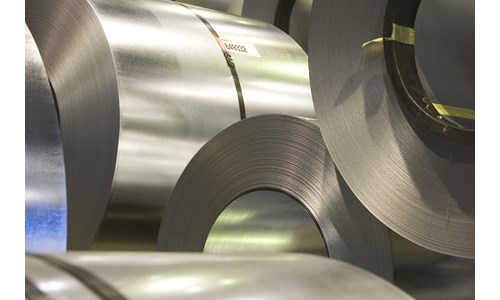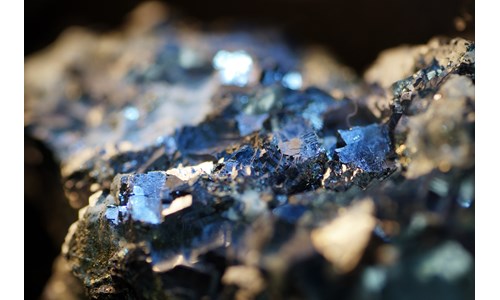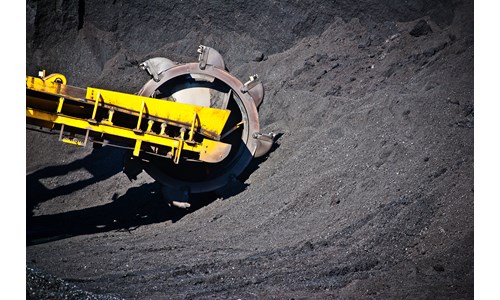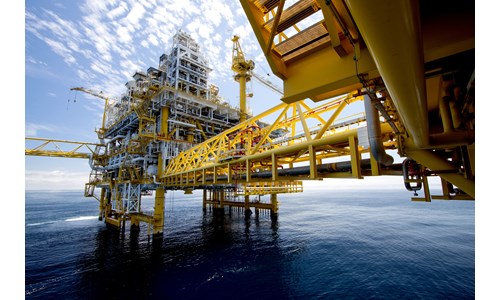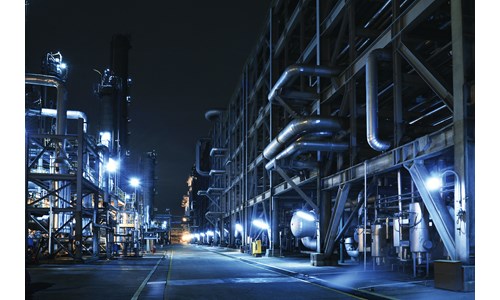Reforming Nigeria's oil industry: Buhari's crude theft problem
This report is currently unavailable
*Please note that this report only includes an Excel data file if this is indicated in "What's included" below
Report summary
Table of contents
- Executive Summary
- A bespoke Nigerian problem
- Follow the oil spills
- The majors pull back from onshore and shallow water
- An uphill task for Buhari
Tables and charts
This report includes the following images and tables:
- Crude oil production and losses due to sabotage
- Oil production by theme 2008-2020
- Onshore and shallow water oil production by participation
- Reported spills 2006-2015
- Reported incidents of sabotage by operator 2006-2015
- Map of reported spills 2011-2015
What's included
This report contains:
Other reports you may be interested in
South Sudan upstream summary
South Sudan crude exports declined in 2024 due to a rupture in a major export pipeline in Sudan. South Sudan relies entirely ...
$6,480US upstream in brief: Tariffs are rewriting the cost landscape—unevenly
The US week in brief highlights the need-to-know current events from US upstream. Stories are supplemented with proprietary WoodMac views.
$1,350Canada upstream in brief
Our view on the key events as they unfold, covering oil sands, unconventional plays, western Canada, Arctic, and offshore East Coast.
$700







